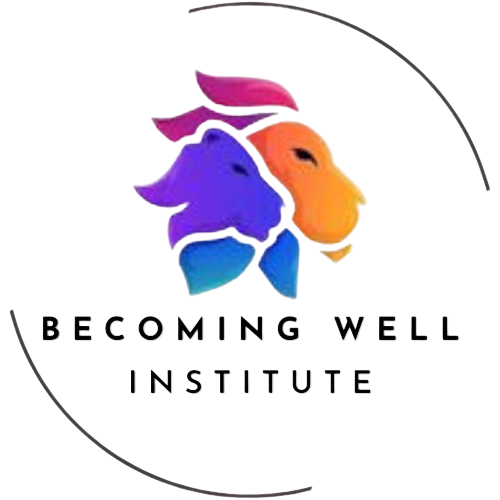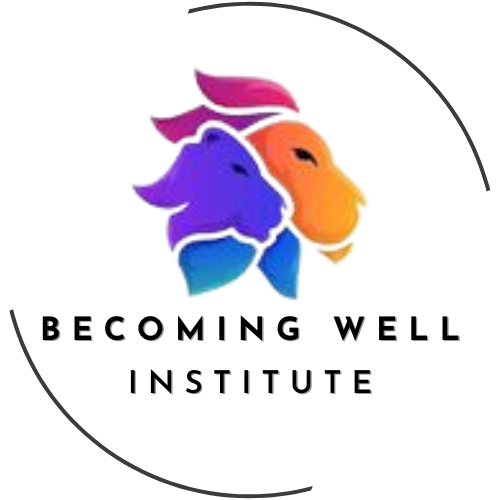When kids reach preschool age, at around 3-6 years old, they start to build all kinds of skills. These include intellectual skills, physical skills and, importantly too, social skills. Children begin learning how to interact with others and be independent of their parents, eventually.
Children’s early experiences really impact how they are as adults. Kids’ growing brains absorb everything they learn. This includes things they learn about being with other people – social cues and etiquette. Think of the developing brain as a sponge, absorbing every interaction with others and wiring the kid’s growth based on that.
Your child is developing his or her brain for life – and these are development stages that they can’t easily go back to later. That sponge will get less porous as they age.
A lot of what children learn about social interaction, they take from visual cues. They learn to understand that their friend is upset when they see him frowning. They understand sharing by seeing siblings or parents lend belongings to friends. These teachable moments aren’t often available through on-screen/virtual meetups.
During COVID-19, it might be harder to get that face-to-face interaction for your child. Because it’s so important for the child’s social development, recognize that this is a difficult, even stalled period of time. It helps to be patient, understanding that your child is missing out on stimuli and that she may be frustrated. These years are crucial, and they will shape how your child handles the world as an adult. Need help or recovery coaching to deal with your past trauma and how it affects your relationship with your child? Becoming Well can help.
You can also get more information on childhood social development.
How are you noticing and supporting your child’s social skills right now?
By Laila Alexander

